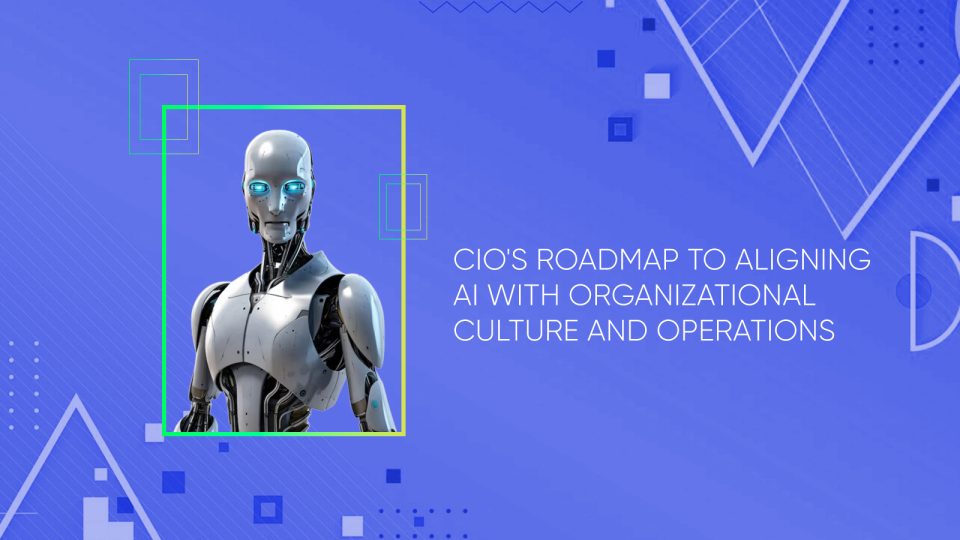AI has swiftly progressed with recent advancements in generative technology. Its impact on society resembles transformative historical inventions influenced by AI and reshaping society. Within business, AI’s pervasiveness demands new competencies from individuals in non-technical roles. Executives and business leaders must acquire these skills to steer their organizations effectively.
Foremost among these skills is critical thinking, essential for effectively collaborating with AI. Despite its growing capabilities, AI is not infallible and can err. Beyond mere hallucinations, reliability and associated risks remain pertinent concerns.
Crafting a specific vision for AI’s role within your organization is pivotal, aligning with its unique industry and circumstances. Leaders should foster an environment that encourages creativity and exploring practical opportunities for AI application, be it in customer service, manufacturing, or optimizing operational and financial decisions.
Anticipating the actions of competitors and preparing for potential industry disruptions caused by AI or emerging market entrants is essential. This readiness isn’t solely about AI but also about ensuring organizations begin their AI education or expand existing initiatives promptly.
Assessing Organizational Culture for AI Integration
Addressing Workplace Concerns
Organizations face the challenge of alleviating apprehensions regarding potential job displacement due to AI advancements. A crucial emphasis should underscore that AI aims to enhance human capabilities rather than supplant them.
Projections for Job Impact
Forecasts from Gartner indicate that despite significant AI progress, the global job landscape will remain neutral by the end of 2026—neither experiencing a substantial decrease nor an increase.
Augmenting Tasks with AI
A few tasks can be entirely automated with AI; however, in most instances, AI will enhance these tasks. Its role in democratizing access to knowledge will render services offered by knowledge workers more economical, thereby fostering increased demand and job opportunities. Gartner predicts creating over half a billion new human jobs by 2033 by introducing AI solutions for task augmentation or autonomous task delivery.
Enhancing Work Quality
AI, particularly generative AI, will directly influence tasks like content creation, question answering, translation, document summarization, and software coding. Yet, predicting its exact impact on individual job roles remains challenging.
Adapting to AI Transformations
While acknowledging generative AI’s potential to disrupt roles such as copywriting and customer support, discerning its specific implications for organizational employees necessitates considering unique business contexts. Utilizing this technology may bolster employee productivity, potentially reducing headcount over time or prompting a reconfiguration of roles to provide novel services.


